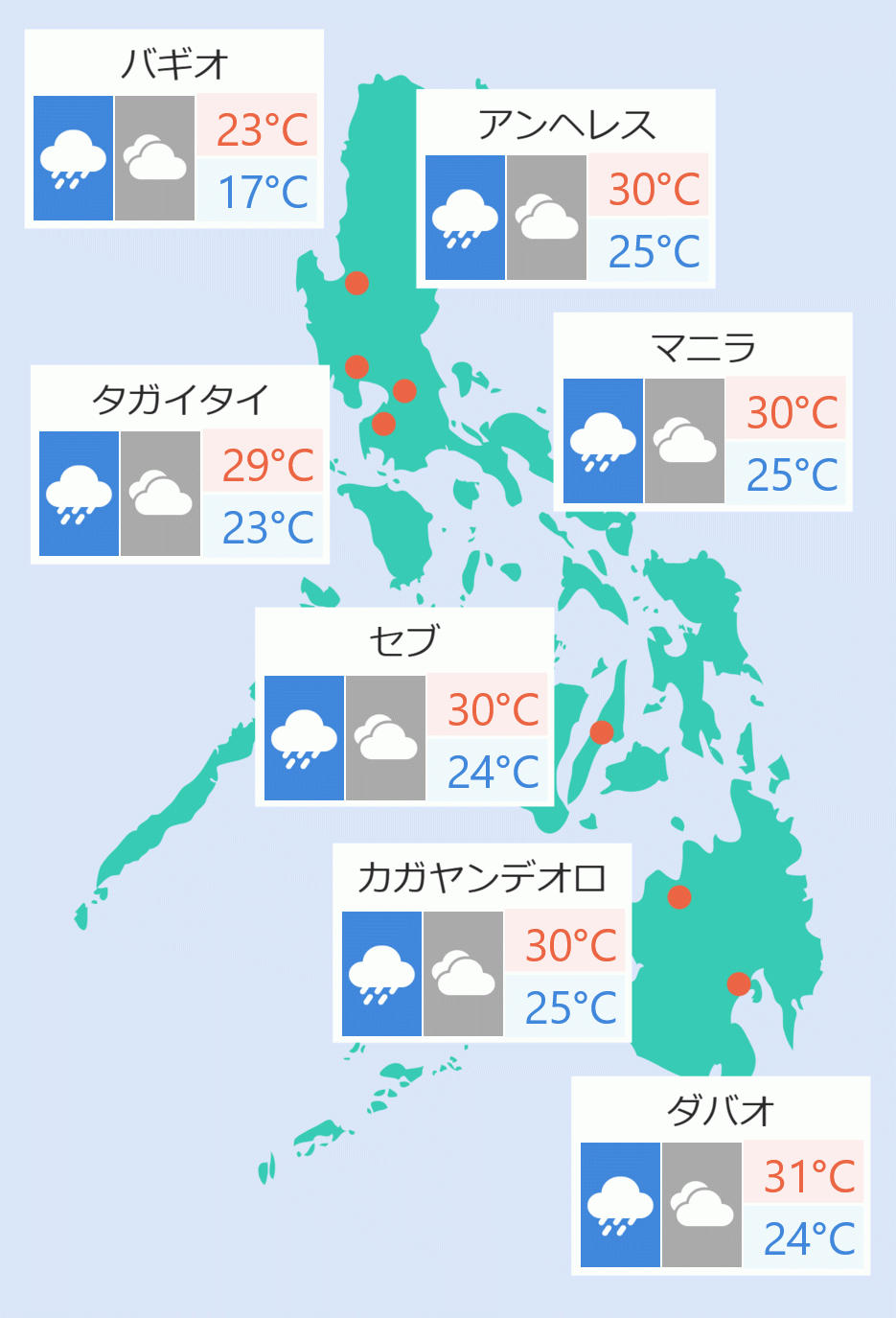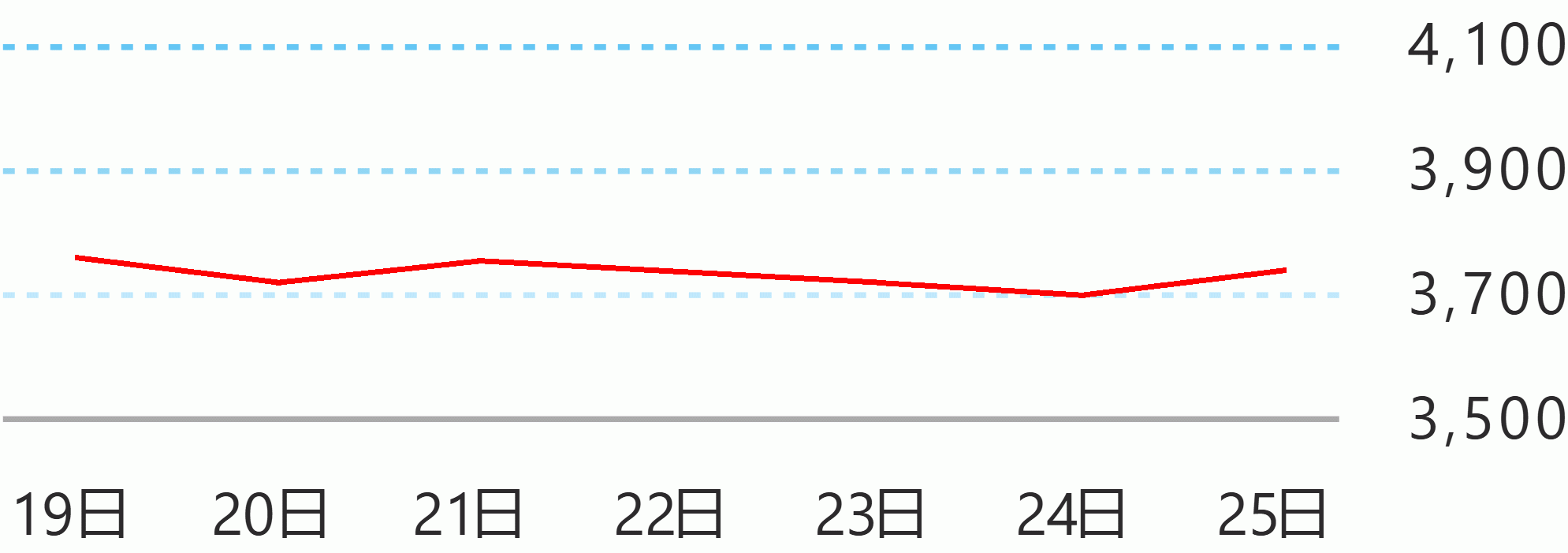President Ferdinand Marcos, Jr. removed non-tariff barriers for agricultural products.
Last Thursday, the chief executive issued Administrative Order (AO) No. 20, which instructed the Department of Agriculture (DA) to take the lead in streamlining administrative procedures and policies on the importation of agricultural products, and remove non-tariff barriers.
Malacanang said existing non-tariff barriers has "unduly'' added to the cost of importation which led to the continued increase in domestic prices of agricultural commodities.
“It is imperative to further streamline administrative procedures to foster transparency and predictability of policies on the importation of agricultural products in order to help ensure food security, maintain sufficient supply of agricultural goods in the domestic market, and improve local production,” Marcos said in the four-page AO, which he issued through Executive Secretary Lucas Bersamin.
Within 30 days after AO 20 took effect on April 18, 2024, DA was tasked to come out with the guidelines to process the Sanitary and Phytosanitary Import Clearance (SPSIC) within the prescribed period in their citizen's charter.
"All SPISIC applications not acted upon within the prescribed period shall be deemed approved pursuant to Section 10 of RA (Republic Act) No. 9485, as amended, provided that all documentary requirements have been submitted and all required fees have been paid as indicated in their Citizen's Charter," Marcos said.
During the period, the Sugar Regulatory Administration (SRA) will issue new guidelines on the classification or automatic classification of imported sugar as well direct importation of sugar by SRA-registered industrial users, subject to existing laws, rules, and regulations.
By next month, DA will also review and revise its existing quantitative restrictions policies on the importation of frozen fish and fishery/aquatic products for wet markets during closed and off-fishing seasons or during calamities.
The agency will also meet with the National Economic and Development Authority (NEDA) Committee on Tariff and Related Matters to facilitate importation of certain agricultural products beyond the authorized minimum access volume (MAV).
It also tasked the Bureau of Customs to prioritize the unloading and release of imported agricultural products subject to the provisions of RA 10863 or the "Customs Modernization and Tariff Act."
To ensure the effective implementation of AO 20. Marcos also called for the reconstitution of a surveillance team to be led by the DA and comprised by the Department of Trade and Industry, BOC, Philippine Competition Commission, the Department of the Interior and Local Government (DILG), Department of Justice (DOJ), the National Bureau of Investigation, and the Philippine National Police (PNP).
The team will monitor importation and distribution of imported agricultural products; prevent price manipulation and other forms of unfair or uncompetitive commercial practices; implement remedial measures to address such unlawful acts; and create guidelines to facilitate information sharing among its members. DMS





 English
English









